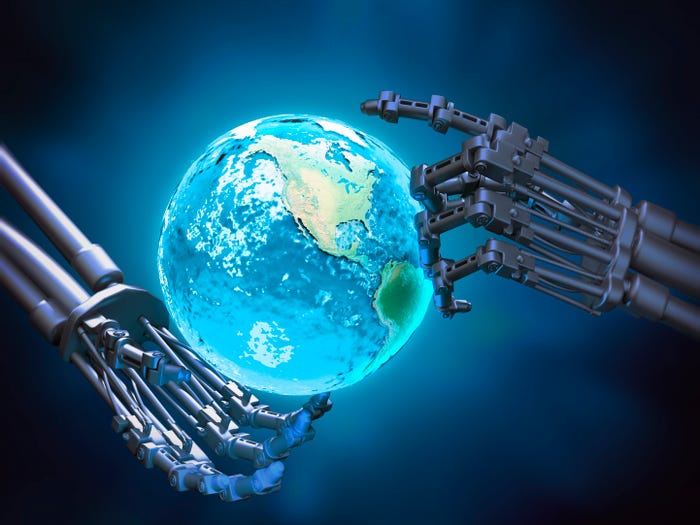
BREAKING: Microsoft has just released its urgent “AI Diffusion Report,” revealing that artificial intelligence (AI) is spreading faster than any technology in history, yet billions are being excluded from this transformation. The report highlights a staggering 1.2 billion people now use AI tools globally, surpassing the adoption rates of electricity, computers, and the internet.
However, the rapid growth in AI usage is not uniform. Nations like the UAE (59.4% adoption), Singapore (58.6%), and Norway (51.9%) are leading the charge, boasting essential infrastructure such as reliable electricity and internet access. In stark contrast, under 10% of people in parts of Sub-Saharan Africa, South Asia, and Latin America currently utilize AI tools.
The report emphasizes a critical new digital divide: it is not just about internet access but also about the availability of power and education. Microsoft warns that without electricity and digital skills, communities are at risk of missing out on the benefits of the ongoing digital revolution. More than 700 million people globally still lack reliable power, severely limiting their ability to engage with technology.
Microsoft’s analysis identifies three key forces driving AI diffusion: frontier builders (those developing AI models), infrastructure builders (providers of data centers), and AI users (those applying the technology). While frontier innovation is largely concentrated in the United States, UK, and South Korea, the infrastructure gap is a pressing issue.
The report also highlights a significant language barrier; most AI models are primarily trained in English and a few other high-resource languages, effectively excluding over 7,000 languages worldwide, including many spoken in the regions most lacking in AI access. Low-resource languages such as Hausa, Bengali, and Chichewa remain largely absent from major AI systems, leaving billions unable to utilize these powerful tools.
Microsoft warns that without urgent investment in digital infrastructure and education, the existing gaps will continue to grow, defining who will benefit from AI for decades to come. The implications are profound, as this divide could perpetuate global inequality and limit opportunities for countless communities.
As AI technology continues to evolve, all eyes are on how global leaders respond to this urgent call for action. The time to act is NOW; otherwise, the digital divide could cement into a permanent chasm, leaving billions behind in a rapidly advancing world.
Stay tuned for further updates as this story develops.





